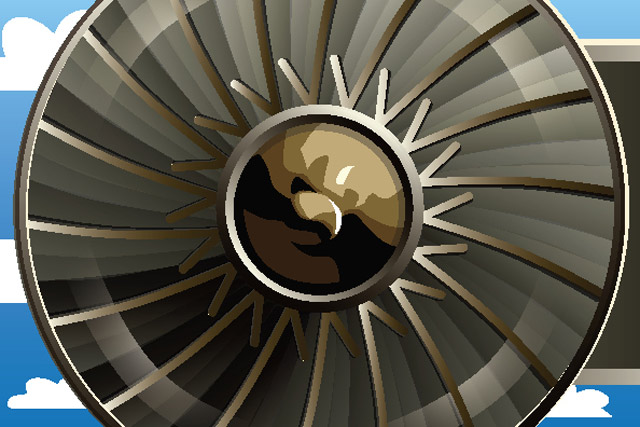Turbine buyer’s checklist
Buy smart—have a plan

As you may expect, buying a turbine airplane is not exactly like buying a single-engine airplane. In short, the more complex the airplane, the more complex the buying experience. Here are three ways to ensure a positive purchasing experience.
Number 1: Get a pre-buy inspection. When spending money on an aircraft purchase, it’s human nature to try to save some cash by cutting a few corners. One of the worst places to do this is on the pre-buy inspection. Don’t get lulled into a false sense of security if you’re purchasing an airplane from an individual you’ve known for many years or even from a company with an excellent reputation. The finest Fortune 100 company could have an airplane with a problem that goes undetected during the sales process.
Protect yourself and your bank account with a thorough pre-buy inspection conducted by a certified A&P who is experienced working on turbine aircraft. Specifically, one who is experienced with the make and model of airplane you’re buying. This is not a quick “once over” of your potential purchase, but rather a complete checkout of the airplane. In addition to a hands-on mechanical inspection of all systems and parts of the airplane, a good pre-buy inspection will include examining all the maintenance documentation, any damage history as well as whether this particular airplane’s maintenance has conformed with the manufacturer’s warranty program. How much time does a pre-buy inspection take? If everything goes smoothly, it may only take two days, however five days is not unheard of. The stakes are higher with a turbine aircraft, and conducting a pre-buy inspection is important for any airplane you buy, even a single-engine airplane.
Number 2: Be prepared to communicate early with the International Registry. The International Registry (sometimes referred to as “Cape Town”) was established in 2006 as part of the Cape Town Conventions. Virtually all turbine aircraft and some piston aircraft are subject to the International Registry (IR) and lenders will require it. The IR does not take the place of U.S. registration, but rather supplements it by giving aircraft owners a means by which they can stake their financial claim on a particular airplane worldwide. The IR is administered in Dublin, Ireland, but the IR itself exists only electronically on the Internet. If you do not already have an account with the IR, getting set up as a user can be challenging and take three to four days because of the time difference between Ireland and the United States. Wake up early and correspond first thing in the morning with the IR in order to get timely responses. Some buyers prefer to hire a professional to register with the IR on their behalf. It’s a good investment to let a title and escrow services company, such as Aero-Space Reports, get up early and handle the registration for you.
Number 3: Buy title insurance if you are purchasing an aircraft that was ever registered outside of the United States. Buying title insurance is optional if you buy an aircraft in the United States it protects you from events prior to your purchase. There are compelling reasons to buy title insurance for every purchase, but it’s a must if you are buying internationally or purchasing an aircraft that was ever non-FAA registered.
Most lenders are going to want to ensure there is title insurance, and as owner of the equity you should, too. When purchasing an aircraft from another country, you are at risk of liens showing up after the purchase because of varying lien standardization worldwide. This would put a cloud on the title and affect your ownership interests. Worse yet, unsatisfied claims made in other countries can allow an entity to seize a subject aircraft if and when it visits that country.
Time and timing is critical when buying a turbine airplane and if you can outsource some of these responsibilities to professionals that handle these transactions regularly, it would be pennywise to do so.
Adam Meredith is president of the AOPA Aviation Finance Company.


